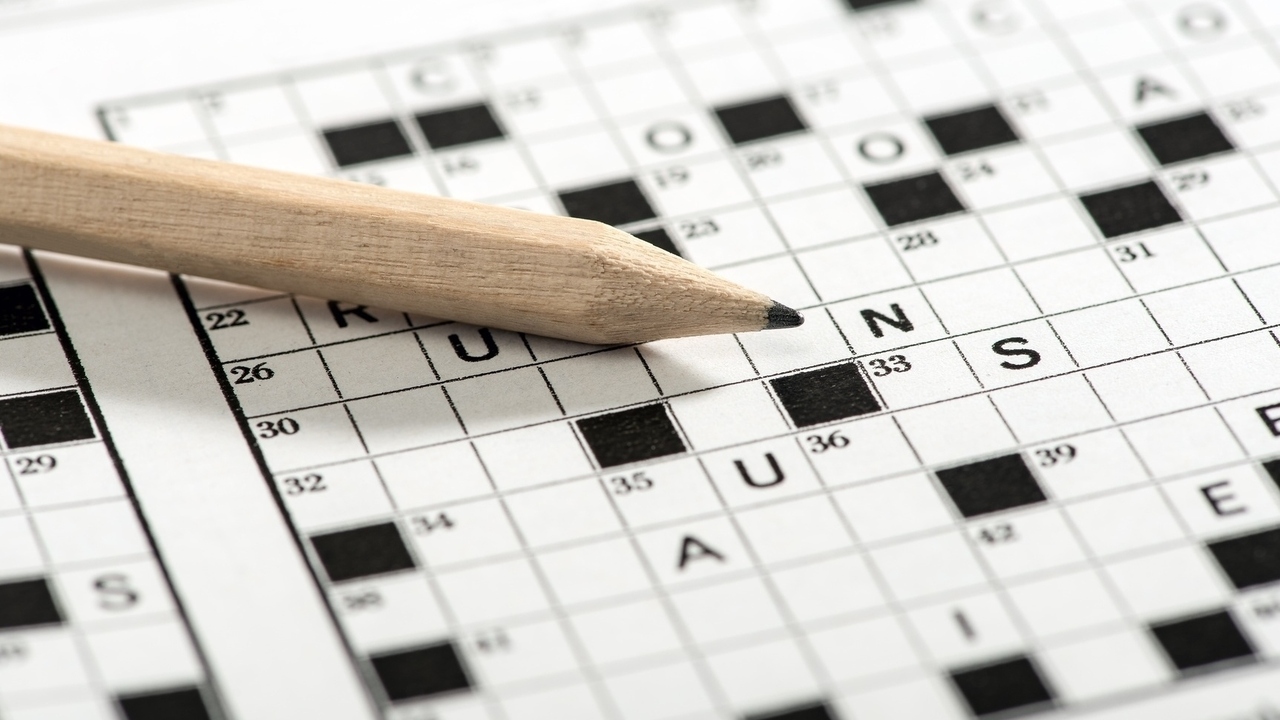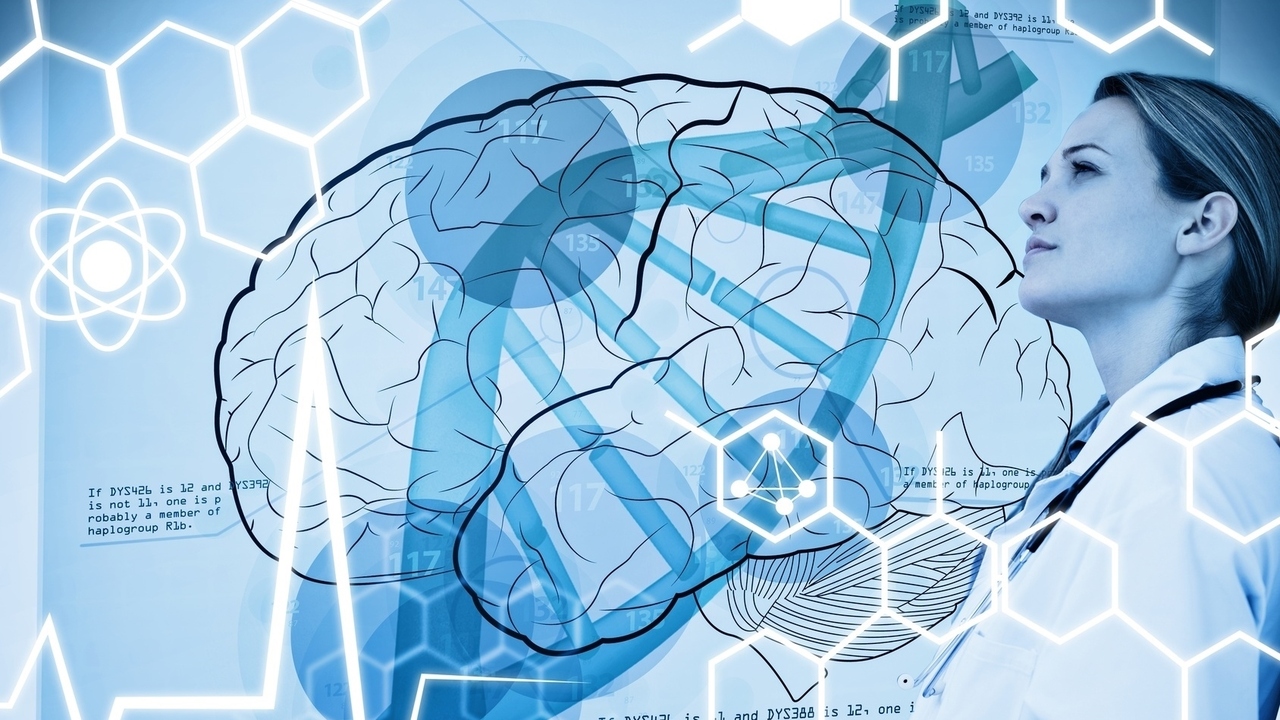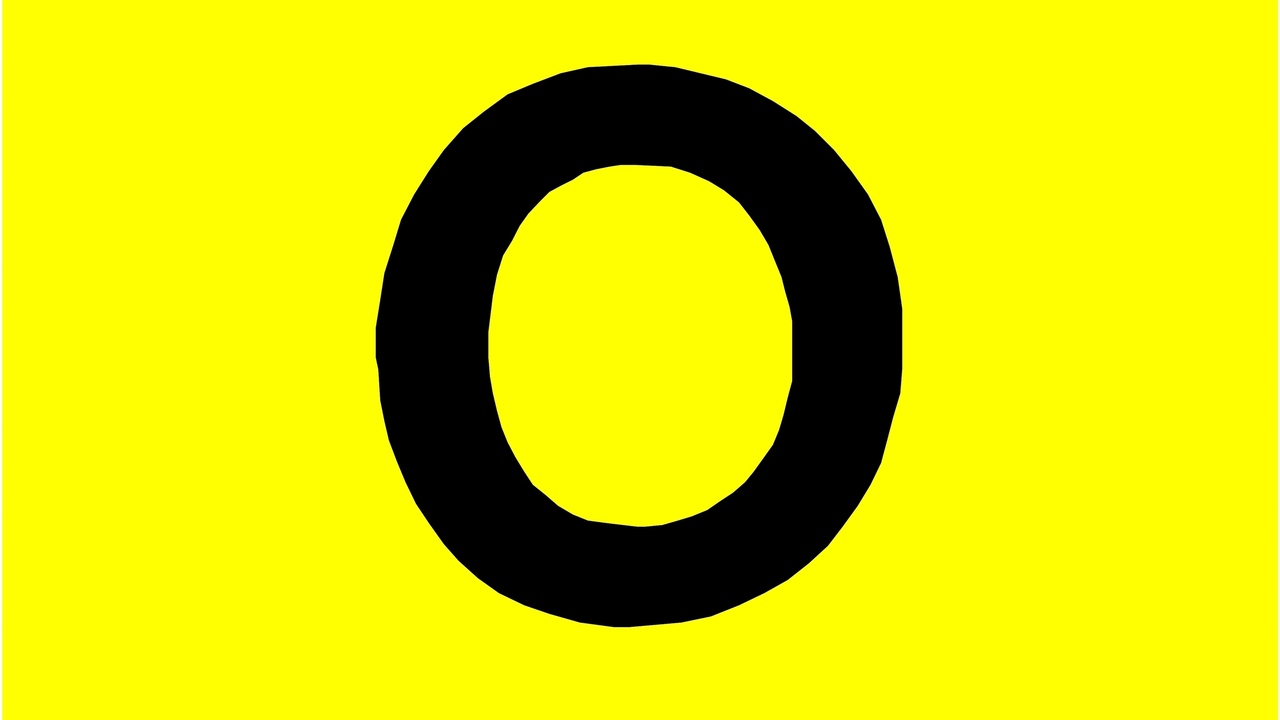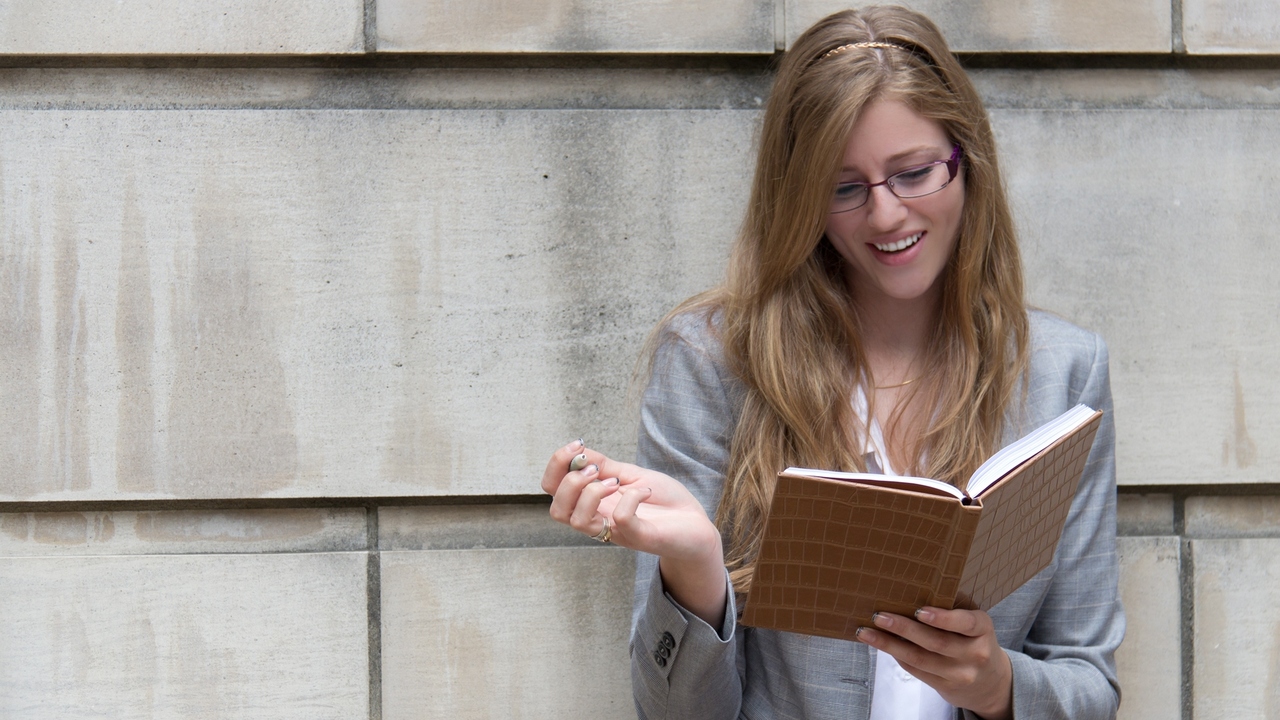Now that we know that no drugs can improve memory, researchers have been looking at more exotic methods to stimulate the brain. Recently, scientists from the famed British University, Oxford, revealed that tiny electrical current to the brain could make one better at learning math. They observed that when the parietal lobe of the brain was shocked, the ability of volunteers to solve mathematical problems improved. They suggest that perhaps this technique may help people who struggle with numbers (dyscalculia).
There are many people who have trouble with basic numbers, and this affects their ability to perform even the most basic maths and managing money. Some neuroscientists speculate that perhaps certain chemicals within the parietal lobe play a crucial role in memory.
Previous studies have shown that when a magnetic field is applied to certain parts of the brain, it can disrupt electrical activity and lead to temporary difficulties in solving math problems. Therefore, these investigators applied electrical current to stimulate the parietal lobe in a small number of students. The electrical current was minor and had no untoward effects on other brain function. As the current was employed, the students performed much better at mathematical problems than those who were given no electrical current. In addition, the direction of the current was also very important. When the current was given in the wrong direction, their ability to solve problems declined drastically.
The study also revealed that the positive benefits were long lasting and persisted beyond six months.
Dr. Cohen Kadosh, lead investigator said, "We are not advising people to go around giving themselves electric shocks, but we are extremely excited by the potential of our findings and are now looking into the underlying brain changes. We have shown before that we can induce dyscalculia, and now it seems we might be able to make someone better at maths, so we really want to see if we can help people with dyscalculia. Electrical stimulation is unlikely to turn you into the next Einstein, but if we're lucky it might be able to help some people to cope better with maths."
This study is very intriguing and may perhaps open the door to the treatment of other mental and neurological disorders like addiction or memory loss following a stroke.
Said Dr. Chambers of Cardiff University, "This is still an exciting new piece of research, but if we don't know how selective the effects of brain stimulation are then we don't know what other brain systems could also be affected, either positively or negatively."
Final point: While the study is exciting, one should note that electrical therapy (ECT) has been used to treat depression for several decades. So before you start lining up for electrical therapy, remember that even though the current in ECT therapy is slightly high, the majority of people have one major side effect-- memory loss, which is sometimes permanent. Until further studies are done on this type of therapy, people who cannot count their money are better off asking others to shop for them.






Add a CommentComments
There are no comments yet. Be the first one and get the conversation started!